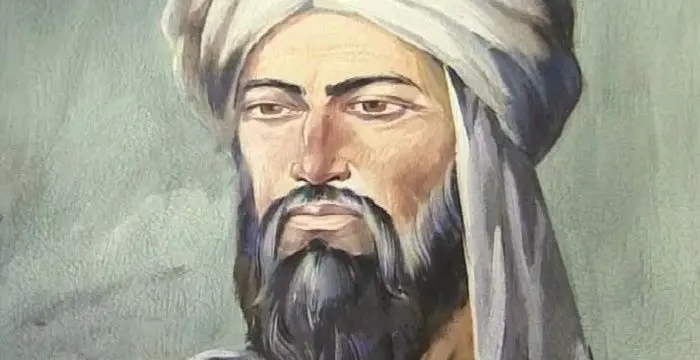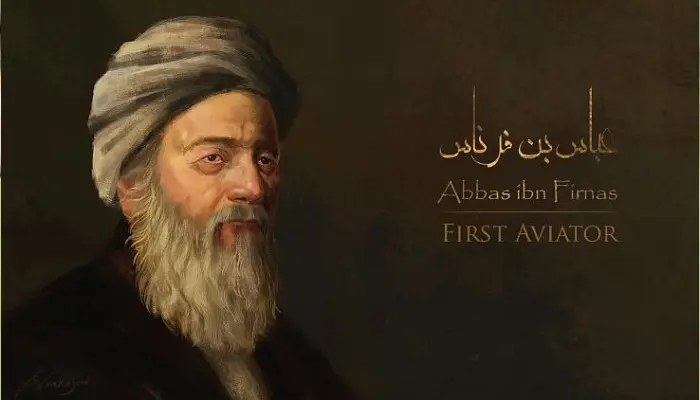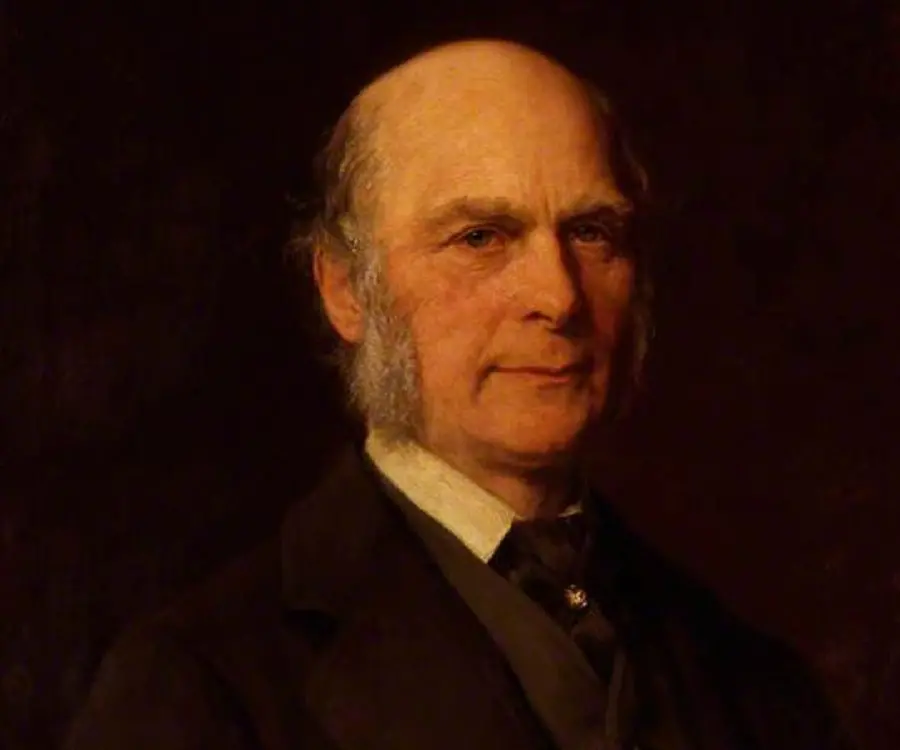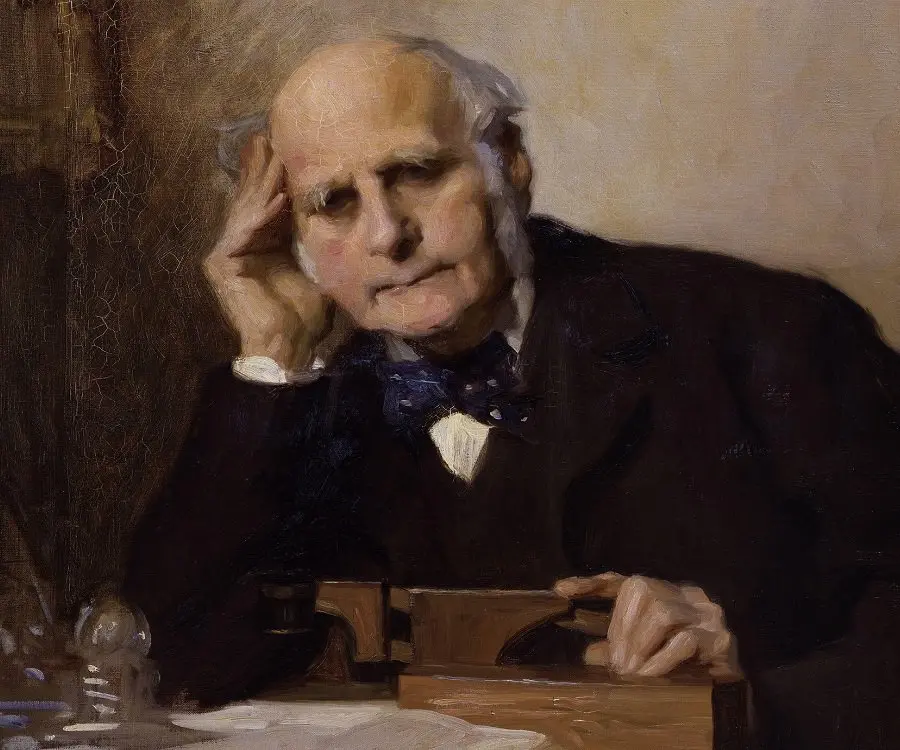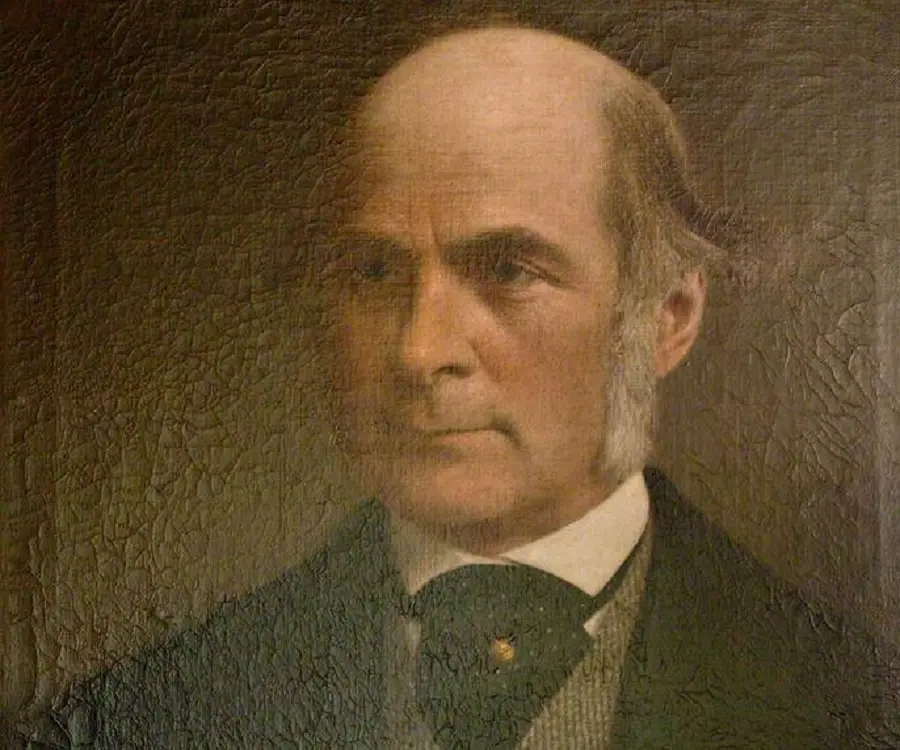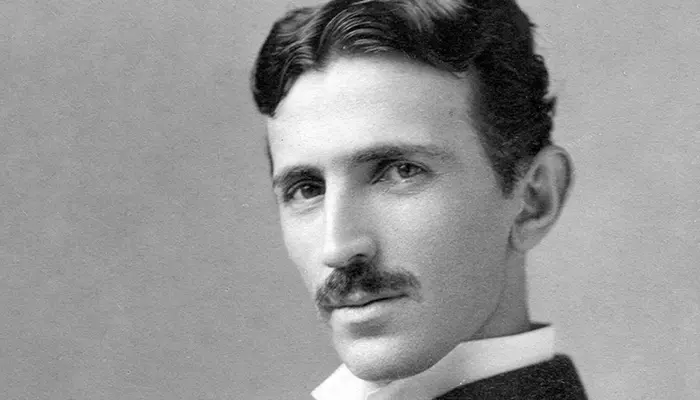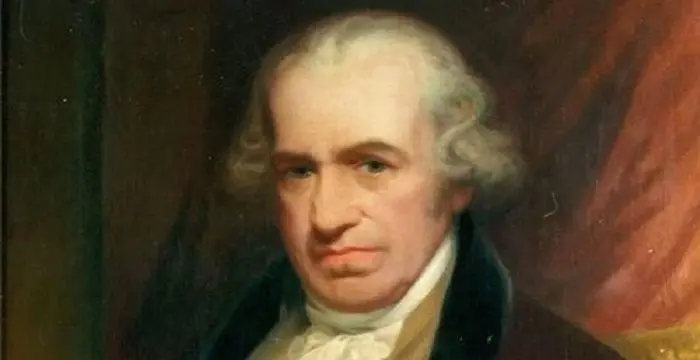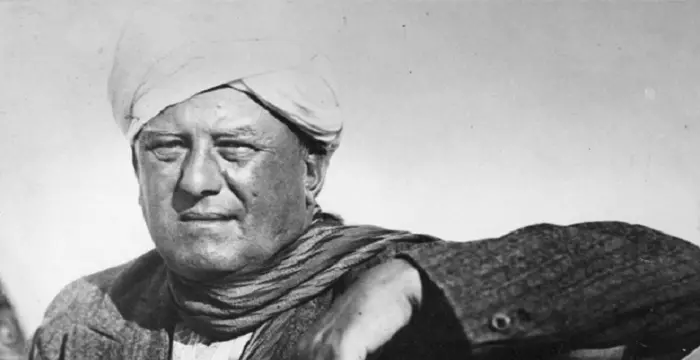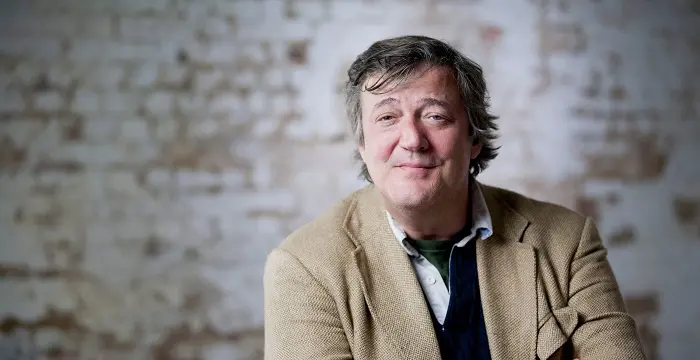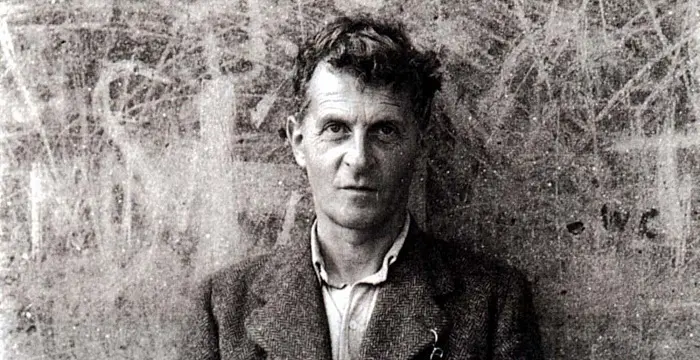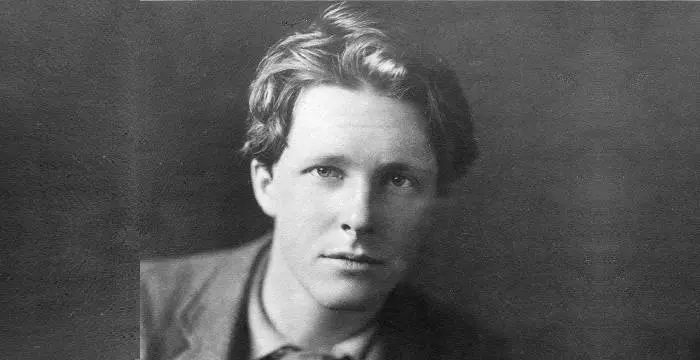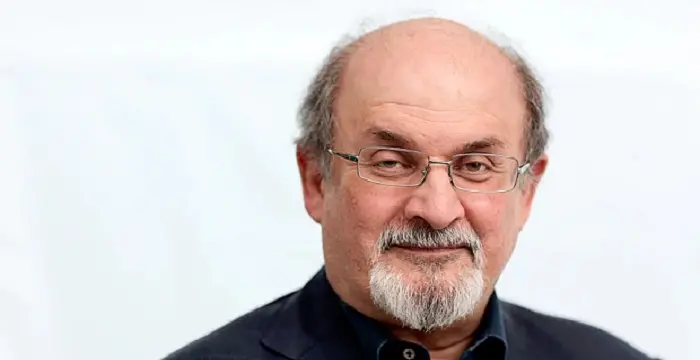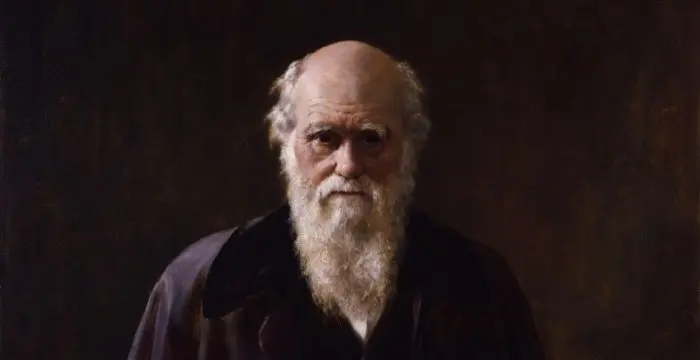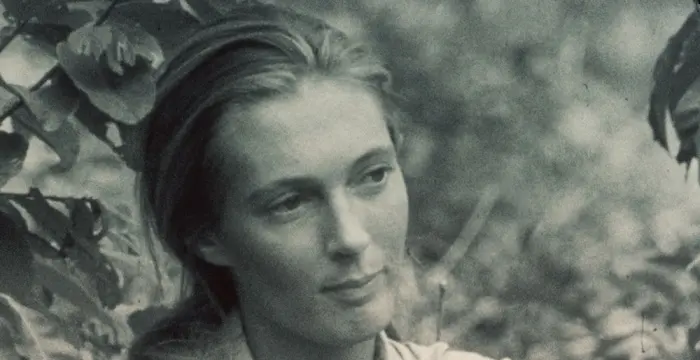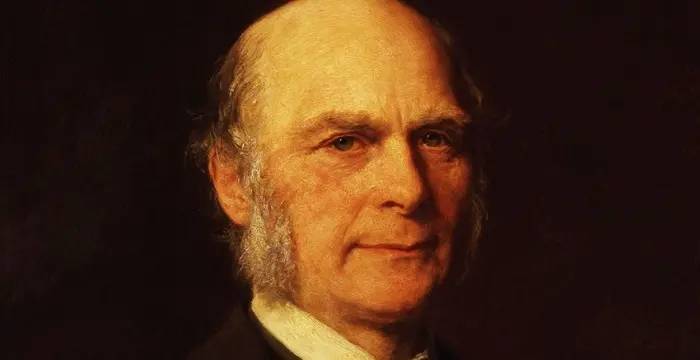
Francis Galton - Polymath, Facts and Childhood
Francis Galton's Personal Details
Francis Galton was a famous English psychologist and geneticist who founded psychometrics and eugenics
| Information | Detail |
|---|---|
| Birthday | February 16, 1822 |
| Died on | January 17, 1911 |
| Nationality | British |
| Famous | Cambridge University, Trinity College, Cambridge, Trinity College, Dublin, Inventors & Discoverers, Polymath |
| Known as | Sir Francis Galton, Гальтон, Фрэнсис |
| Universities |
|
| Notable Alumnis |
|
| Founder / Co-Founder |
|
| Birth Place | Birmingham |
| Gender | Male |
| Father | Samuel Tertius Galton |
| Mother | Frances Anne Violetta Darwin |
| Sun Sign | Aquarius |
| Born in | Birmingham |
| Famous as | Polymath |
| Died at Age | 88 |
// Famous Polymath
Ismail al-Jazari
Ismail al-Jazari was a Muslim polymath. This biography provides detailed information about his childhood, family, personal life, achievements, etc.
Abbas Ibn Firnas
Abu al-Qasim Abbas ibn Firnas ibn Wirdas al-Takurini, better known as Abbas Ibn Firnas, was a renowned inventor, engineer, aviator, physician, Arabic poet and Andalusia musician.
Francis Galton's photo
Who is Francis Galton?
Sir Francis Galton was an English man who influenced the scientific, psychological geographical and meteorological arenas. With an IQ of two hundred, he was a best-selling author, inventor of finger identification, statistician, sociologist, meteorologist, a geologist, explorer, founder of differential psychology and geneticist. He is most renowned for studying selective mating in humans, and referred to it as Eugenics. He also created the term “nature versus nurture” in reference to his study of hereditary traits. Even though he is not recognized for his accomplishments, Galton’s contributions are still in effect today. In the various novels and autobiographical writing penned by this great scientist, his passion for scientific studies was evident. His friends and family saw him as shy and extremely humble, despite his high intelligence. A workaholic by nature, he diligently set about finding the answers to queries and despite being weary with long working hours he pressed onward with his research and findings. He received many awards for his accomplishments, including being knighted, and if he wasn’t supported by his parents and his older sister, he would not be the genius that influenced such a vast array of fields of study. Read on to know more about the life of this great scientific mind and his contribution to the society
// Famous Inventors & Discoverers
Nikola Tesla
Nikola Tesla was a Serbian-American inventor, best known for his development of alternating current electrical systems. This biography of Nikola Tesla provides detailed information about his childhood, life, achievements, works & timeline.
Thomas Newcomen
Thomas Newcomen was a British inventor who developed the world’s first steam engine. Browse through this biography to learn in details about his life, career, works and timeline.
Erno Rubik
The famous inventor and educationist, Erno Rubik is known world-wide for his invention the ‘Rubik’s Cube’. To know more about the childhood, profile, timeline and career of this famous architect-inventor read on.
Childhood & Early Life
Sir Francis was born on February 16th, 1822 in Birmingham, England to Samuel Tertius Galton and Frances Anne Violetta Galton.
As a child, he was extremely intelligent and by the time he was five years old, his invalid sister had taught him how to read advanced literature, and as he grew older, his mother would hear him reciting from Chevy Chase, or Hudibras.
Both of his parents wanted him to become a medical doctor. He studied medicine at ‘Birmingham's General Hospital’ and later at the ‘Kings College’ in London.
In 1840, he decided to study mathematics at ‘Cambridge University’ instead of medicine.
After Galton's father passed away, he received a wealthy inheritance. He decided to abandon his studies and traveled around the British Isles, and even went to Egypt and Sudan.
Career
In 1850, he decided to become an explorer and Geographer. He joined the ‘Royal Geography Society’ to explore a semi-unknown region of South Africa.
He charted and explored "Damaraland" and "Ovampoland," regions located in South Africa. He was accompanied by Charles Andersson, who ended up staying in the area.
Andersson and Galton's intention was to travel through Damaraland to Lake Ngami, but they weren't able to reach the lake, and decided to chart Ovampoland instead.
After returning to England in 1853, Galton became interested in meteorology, and created the first weather map. It was the first attempt to chart weather on a continental scale.
In 1865 he published ‘Hereditary Genius’, an investigation of the how heredity effected intellectual traits.
Influenced by Charles Darwin's ‘Origin of Species’, in 1875, he began to study and create his own theories on inherited traits.
His study of heredity led to his study of the measurement of human characteristics, (anthropometry). In 1885, he created the Anthropometric Laboratory in the International Health Exhibition. He created this to receive a sizable amount of data for his statistical research.
Galton created psychometrics, the first scientific mental instruments to have existed. Subjects were paid for their tests results in his ‘Anthropometric Laboratory’. He received over 9,000 sets of data for different individuals which were later used to explain the theories of perception.
Beginning in 1888, he was the first to put the study of fingerprints for identification on a scientific basis. Through his ‘Anthropometric Laboratory’, he was able to collect over 8,000 sets of prints.
In 1901, he presented Eugenics to the ‘Sociological Society in the School of Economies’. He presents Eugenics as the study of all of the influences that affect the inborn qualities of the race, and a goal to improve the inborn qualities.
Major Works
Galton's scientific approach to fingerprinting as identification process lead to positive findings of the Parliamentary Committee of 1894. Soon after, finger identification was accepted as testimony in courts, and to identify recidivists.
’Narrative of an Explorer in Tropical South Africa’ was a detailed account of his exploration in South Africa, successful because of his survival through an unknown area of Africa. He wrote a later novel entitled ‘The Art of Travel’, an enduring guide on traveling through the wilderness.
The paper ‘Eugenics: It's Definition, Scopes and Aims’ describes Galton's explanation of Eugenics and how it could be used to produce good and desirable hereditary traits within the human race. His goal was to promote a better society, and to potentially "breed" out sickliness and diseases.
Awards & Achievements
In 1853, he was awarded the ‘Founder's Gold Medal’ by the ‘Royal Geographical Society’ for his exploration of the unknown areas of South Africa. He published his travels in the book entitled ‘Narrative of an Explorer in Topical South Africa’.
In 1908 he won the ‘Darwin-Wallace Medal’ for his contributions to evolutionary biology.
He won the ‘Royal Medal’ for his contributions to the physical, biological, and applied sciences.
In 1910 he won the ‘Copley Medal’ for outstanding achievements in the biological sciences.
Personal Life & Legacy
His twelve year old sister, Adele suffered from a weak spine, but taught him Latin and Greek from her bed anyway.
In 1853 he returned to England to marry Louisa Jane Butler.
He died at the age of 88 on January 17th, 1911 in Haslemere, England. He was buried in the ‘St. Michael and All Angels Churchyard’ in Claverdon, England.
After the demise of this eminent scientist, the ‘Galton Professorship’ and the ‘Laboratory of Eugenics’ were founded in the ‘University of London’ in his honor.
When Eugenics became popular in the 1920's it took a more sinister turn with the implementation of involuntary sterilization in thirty American states, and it becoming central to Nazi ideology.
The full analysis of the results from his Anthropometric Laboratory weren't able to be processed until the 1980s, when computers were fast enough to handle the task.
// Famous Trinity College, Dublin
Leo Varadkar
Cam Leo Varadkar is the current Taoiseach—the Prime Minister—of the Republic of Ireland. Check out this biography to know about his childhood, family life, achievements and other facts about his life.
Katie McGrath
Katie McGrath is an Irish actress best recognized for her role in the series ‘Merlin.’ Check out this biography to know about her childhood, family life, achievements and fun facts about her.
Aleister Crowley
Aleister Crowley was an occultist and ceremonial magician who founded the ethical philosophy of Thelema. This biography of Aleister Crowley provides detailed information about his childhood, life, achievements, works & timeline.
Francis Galton's awards
| Year | Name | Award |
|---|---|---|
Other | ||
| 0 | 1910 - Copley Medal | |
| 0 | Royal Medal | |
| 0 | 1908 - Darwin–Wallace Medal | |
| 0 | 1853 - Founder's Gold Medal | |
Francis Galton biography timelines
- // 16th Feb 1822Sir Francis was born on February 16th, 1822 in Birmingham, England to Samuel Tertius Galton and Frances Anne Violetta Galton.
- // 1840In 1840, he decided to study mathematics at ‘Cambridge University’ instead of medicine.
- // 1850In 1850, he decided to become an explorer and Geographer. He joined the ‘Royal Geography Society’ to explore a semi-unknown region of South Africa.
- // 1853After returning to England in 1853, Galton became interested in meteorology, and created the first weather map. It was the first attempt to chart weather on a continental scale.
- // 1853In 1853, he was awarded the ‘Founder's Gold Medal’ by the ‘Royal Geographical Society’ for his exploration of the unknown areas of South Africa. He published his travels in the book entitled ‘Narrative of an Explorer in Topical South Africa’.
- // 1853In 1853 he returned to England to marry Louisa Jane Butler.
- // 1865In 1865 he published ‘Hereditary Genius’, an investigation of the how heredity effected intellectual traits.
- // 1875Influenced by Charles Darwin's ‘Origin of Species’, in 1875, he began to study and create his own theories on inherited traits.
- // 1885His study of heredity led to his study of the measurement of human characteristics, (anthropometry). In 1885, he created the Anthropometric Laboratory in the International Health Exhibition. He created this to receive a sizable amount of data for his statistical research.
- // 1888Beginning in 1888, he was the first to put the study of fingerprints for identification on a scientific basis. Through his ‘Anthropometric Laboratory’, he was able to collect over 8,000 sets of prints.
- // 1894Galton's scientific approach to fingerprinting as identification process lead to positive findings of the Parliamentary Committee of 1894. Soon after, finger identification was accepted as testimony in courts, and to identify recidivists.
- // 1901In 1901, he presented Eugenics to the ‘Sociological Society in the School of Economies’. He presents Eugenics as the study of all of the influences that affect the inborn qualities of the race, and a goal to improve the inborn qualities.
- // 1908In 1908 he won the ‘Darwin-Wallace Medal’ for his contributions to evolutionary biology.
- // 1910In 1910 he won the ‘Copley Medal’ for outstanding achievements in the biological sciences.
- // 17th Jan 1911He died at the age of 88 on January 17th, 1911 in Haslemere, England. He was buried in the ‘St. Michael and All Angels Churchyard’ in Claverdon, England.
// Famous Cambridge University
Stephen Fry
Stephen Fry is a comedian, actor, author, television and radio presenter. Read the biography and know all about his childhood, career, profile and timeline.
Ludwig Wittgenstein
Ludwig Wittgenstein is a renowned philosopher. Read on to know about the life, career, and works of the famous Austrian philosopher Ludwig Wittgenstein.
Rupert Brooke
Rupert Brooke was an English poet who is widely known for his poem ‘The Soldier’, which was a part of five war sonnets. This biography of Rupert Brooke provides detailed information about his childhood, life, achievements, works & timeline
Salman Rushdie
Salman Rushdie is one of the most prominent writers of the twentieth century. Read the biography to get details about his life, childhood, profile & timeline.
Charles Darwin
Charles Darwin was one of the most influential figures in human history. Go through this biography to get details about his life, profile and timeline.
Jane Goodall
Jane Goodall is an English Animal Rights activist, famously dubbed as “The Woman who redefined man”. This biography of Jane Goodall provides detailed information about her childhood, life, achievements, works & timeline.
Francis Galton's FAQ
What is Francis Galton birthday?
Francis Galton was born at 1822-02-16
When was Francis Galton died?
Francis Galton was died at 1911-01-17
Where was Francis Galton died?
Francis Galton was died in Haslemere
Which age was Francis Galton died?
Francis Galton was died at age 88
Where is Francis Galton's birth place?
Francis Galton was born in Birmingham
What is Francis Galton nationalities?
Francis Galton's nationalities is British
What was Francis Galton universities?
Francis Galton studied at Cambridge University,Trinity College Dublin,Trinity College, Cambridge, University of Cambridge, Trinity College, Cambridge, King's College London
What was Francis Galton notable alumnis?
Francis Galton's notable alumnis is Cambridge University, Trinity College Dublin, Trinity College, Cambridge
Which company or organization was founded by Francis Galton?
Francis Galton was the founder/co-founder of Galton Institute
Who is Francis Galton's father?
Francis Galton's father is Samuel Tertius Galton
Who is Francis Galton's mother?
Francis Galton's mother is Frances Anne Violetta Darwin
What is Francis Galton's sun sign?
Francis Galton is Aquarius
How famous is Francis Galton?
Francis Galton is famouse as Polymath
